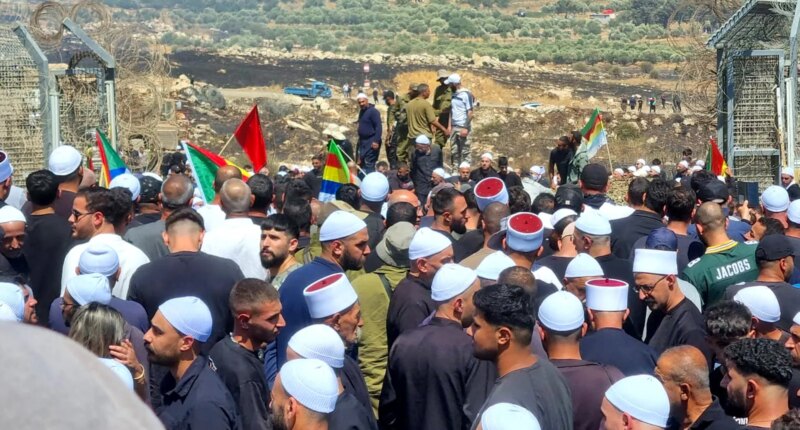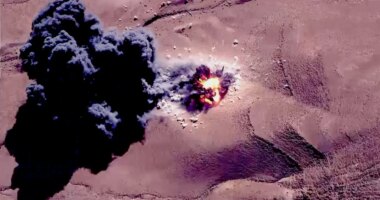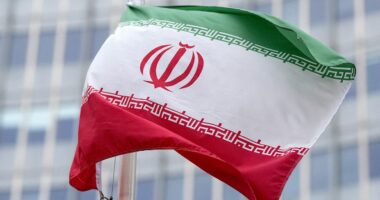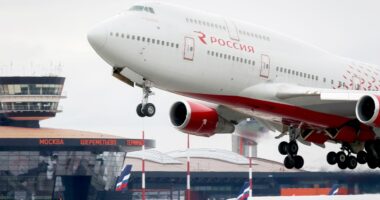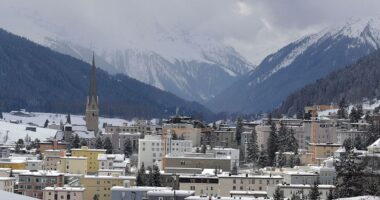Share this @internewscast.com
Israel increased its airstrikes in Syria on Wednesday after reports surfaced about the massacre of members of the Druze religious minority by militant Islamists. This event brings attention to the Druze, a unique community that has resided in the region for over a thousand years and remains closely knit despite being spread across different countries’ borders.
Around 150,000 Druze reside in northern Israel and the Golan Heights, but significant communities also exist in Syria and Lebanon—countries that have technically been in conflict with Israel for decades—as well as a smaller group in Jordan.
The Druze practice an esoteric, monotheistic religion that integrates elements from other Abrahamic faiths and various philosophies. Despite the hostile borders that separate them, the Arabic-speaking Druze population considers themselves as one community.
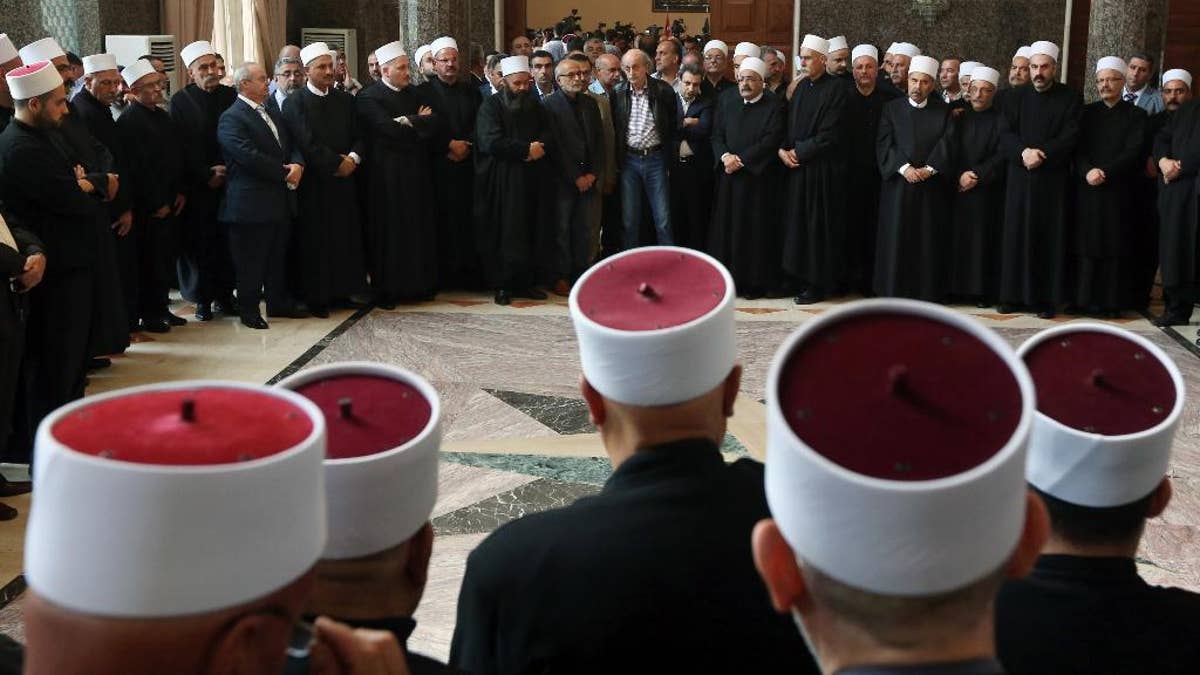
Walid Jumblatt, the Druze political leader in Lebanon, center background, stands with clerics shortly after a meeting of the community’s religious leadership in Beirut, Lebanon, June 12, 2015. (AP Photo/Bilal Hussein)
“Israel’s Druze community is putting pressure on the government, so for domestic reasons Israel has to deal with this,” he said, adding that the current Israeli government “believes in using force to appease its base and show that it is strong and using power, or whatever is needed.”
This is not the first time, Israel’s Druze have rushed to protect their community in Syria. In 2015, when Druze there came under threat from ISIS and from the local al Qaeda affiliate, Jabhat al-Nusra, Druze in Israel worked to raise funds and arms for their brethren across the border.
In April, months after the fall of longtime Syrian ruler Bashar al-Assad in December, hundreds of Syrian Druze clerics crossed the border taking a rare trip to Israel to celebrate the community’s holiday of Ziyara at the Nabi Shuaib holy site, just west of the Sea of Galilee.
